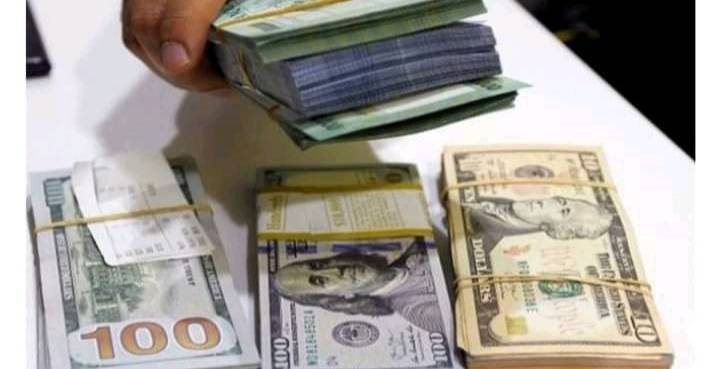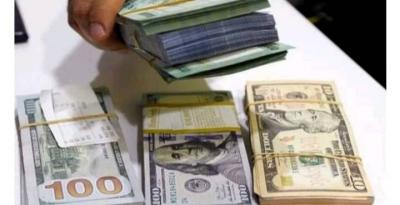The decision by the Council of Ministers to grant a treasury advance of 966 billion lira to the Ministry of Finance for settling the state's dues from external loans and contributions to Arab and international funds and institutions has activated the loan granted to Lebanon from the Arab Fund for Economic and Social Development (based in Kuwait), amounting to 50 million Kuwaiti Dinars, equivalent to 165 million dollars.
If we compare this with Lebanon's decision to default on its debts in March 2020 and the delay in implementing reforms to enable the IMF Board to sign the preliminary agreement that was reached on April 7 with the Lebanese committee responsible for negotiations, it becomes clear that:
- Not repaying Lebanon's debts incurs risks, the most significant being the loss of confidence in the government, which in turn prevents it from obtaining “a penny” from the allocated loans.
- Loans provided by external funds such as the IMF, the Arab Fund for Economic and Social Development, or the World Bank are concessional with low, if not symbolic, interest rates. Additionally, these loans would provide the “oxygen” needed to relieve the suffocation that Lebanese people have been experiencing for the past two and a half years, as evidenced by the Housing Bank's decision to grant housing loans at a time when employees cannot withdraw their salaries from banks, let alone access their frozen deposits.
- There is a necessity to start repaying at least the minimum amount of debts or at least to restructure external debts and reform public finances, which are key points included by the IMF in its set of demands. This would allow the state to regain some of its strength, thereby enabling it to meet its obligations, shifting the external perception of Lebanon, and releasing loans, particularly after improving relations with Gulf countries.
It is noteworthy that the Housing Bank relies on the loan from the Arab Fund for Economic and Social Development to enhance its solvency to provide the needed housing loans for low-income individuals, with the application process for purchasing an apartment, not exceeding 120 m² in area, starting in approximately 40 days. This makes the Housing Bank the first to reinstated housing loan services after the absence of the role for which banks were established.
The Arab Fund for Economic Development, which includes all Arab countries as members, provides concessional loans to member states, including Lebanon. It has prioritized increasing and developing the flexibility of its loans by reducing interest rates to 2.5% for low-income Arab countries and 3% for other Arab nations, along with extending grace periods and repayment terms ranging between 22 to 25 years. Furthermore, it offers grants and non-repayable assistance that contribute to various fields, including studies, institutional support, training, in addition to supporting the emergency situations faced by some member countries.
Patricia Jalad - Nidaa al-Watan




